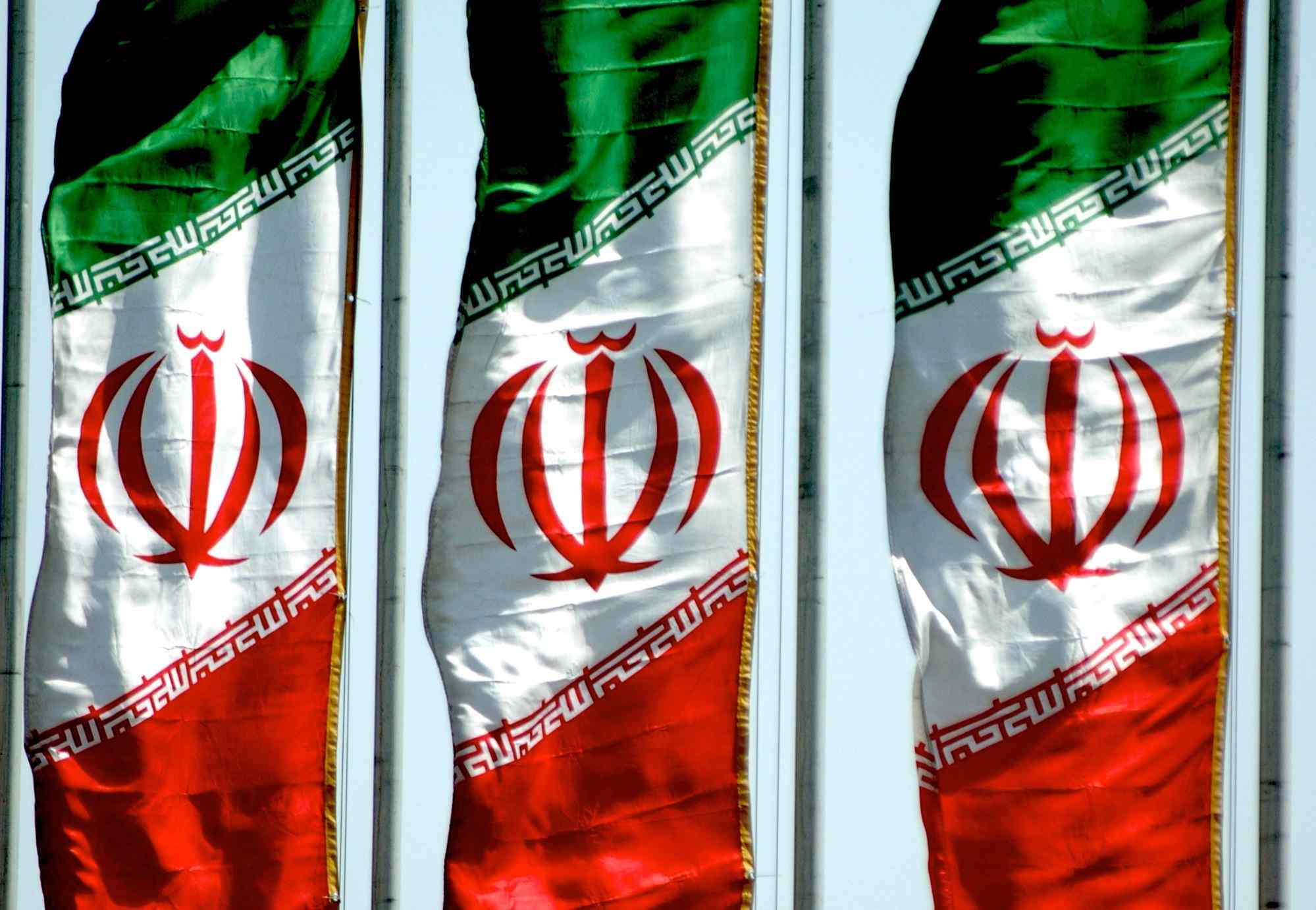Students are disappointed and frustrated with RMIT University’s decision to stop processing applications from Iranian and Syrian citizens.
The University said it is reacting to the Autonomous Sanctions Amendment Regulation introduced late last year, and the measures are only necessary while a review is being conducted.
A spokesperson from the Department of Foreign Affairs and Trade (DFAT) told Catalyst the sanctions could affect research students studying fields that relate to ‘export sanctioned goods’, such as arms or nuclear weapons.
The spokesperson said the department had not suggested universities should reject all Syrian and Iranian students.
Instead, a “case by case” consideration could be introduced.
“There is no basis in sanctions that Australia implements for
any Australian university to impose a blanket ban on the enrolment of Iranian and Syrian students,” the spokesperson said.
What are sanctions?
Sanctions are restrictions on the transfers of goods and services. For universities, this can refer to the provision of education and research, commercial transactions and access to facilities.
Why Iran and Syria?
Sanctions relating to Iran were imposed by the United Nations Security Council in response to risks presented by the Iranian nuclear program. They can affect financial transactions out of Iran. Sanctions in relation to Syria were imposed due to the violence of the Syrian regime against its people.
Iranian students currently studying at RMIT held a meeting last week, with many questioning why RMIT was ‘obliged’ to take these actions.
Shaahin Madani, President of the RMIT Iranian Association, said Iranian students felt their motivation to study in Australia had been questioned since the announcement.
“Nobody likes to be blamed just because they are born in Iran,” Mr Madani said.
RMIT’s Deputy Vice Chancellor, International & Development, Michelle Hoodbhoy was unavailable for an interview but did provide a statement.
“These sanctions require universities to review applications from all countries and individuals potentially affected by sanctions, laws and regulations,” Ms Hoodbhoy said.
She cited a penalty of up to $1 million for a breach of the requirements.
Ms Hoodbhoy also responded to Mr Madani’s concerns regarding the change in application processing.
In an email to Mr Madani, she said: “RMIT has not changed its policy in place in relation to Iranian students. Rather, we have made a number of decisions to enable us to ensure that we are in fact complying with Australian law”.
She said it is the University’s responsibility to interpret the regulations, and the decision “was not taken lightly”.
While Mr Madani acknowledged RMIT must comply with the legislation, he said the University could take a better course of action.
“If RMIT has a problem with interpreting legislation, why don’t they hire more staff to make this process faster instead of rejecting and withdrawing all the applications?
“There are more actions that can be taken to prevent any discrimination or prevent any group being at a disadvantage,” Mr Madani said.
In the email to Mr Madani, Ms Hoodbhoy said a list of coursework programs that could be affected by sanctions had been drawn up, and applicants from Iran or Syria who apply for these courses would be referred to DFAT.
“We will restore the processing of all applications as soon as possible,” she said in the email.
Mr Madani said the ‘temporary’ nature of the review was impacting students, especially those who have had their semester two offers withdrawn.
“This temporary thing is not really temporary because we do not have an end date. At the moment, it is indefinite,” he said.
Catalyst is aware of an Iranian student who received an email from RMIT withdrawing his semester two offer, leaving him distressed and confused.
He responded and said he was already studying in Australia through the RMIT English Worldwide program.
The University apologised and told him he could in fact attend RMIT next semester.
Other students are also concerned about their futures, according to an Iranian student who wishes to be called Ali.
“It’s going to be a problem for students who want to change or upgrade their program. How can we study and get good marks when we are all focusing on this problem?,” Ali said.
He also said he is worried about undertaking his PhD and is concerned for the reputation of Iranian students.
“It’s just a joke. Sanctions are not about students. They are about governments,” Ali said.
Liam Ward, an elected member of the Nation Tertiary Education Union’s RMIT Branch Committee, said the Union has expressed serious concern over the application issue.
“The sanctions themselves are objectionable enough, in that they attempt to make universities the frontline in some kind of geopolitical cold war, but RMIT’s interpretation of those sanctions is absolutely over the top,” he said.
The RMIT University Student Union (RUSU) said they had been in contact with RMIT staff about the matter.
RUSU President James Michelmore said he understands there is no blanket ban in place.
“Advice received from RMIT’s Academic Registrar indicates there is simply a backlog of applications due to additional review criteria recently made necessary by the Australian Government,” he said.
Mr Michelmore said RMIT admission systems were strained due to the manual checking processes that are now required.
He also said the Selection and Admission policy allowed RMIT to reject applications in order to comply with government regulations.
But the Student Union President understood why students were confused about the sanctions.
“While I understand the university considers this to be beyond their control, I would have expected greater clarity in their dealing with this matter,” he said.
RMIT removed a page on its website about the changes in application processes. The page could be accessed earlier this month. It is unknown when it was removed, or why.
There is no official body at RMIT representing Syrian students.
Catalyst was unable to make contact with a Syrian student for comment.
Allison Worrall


